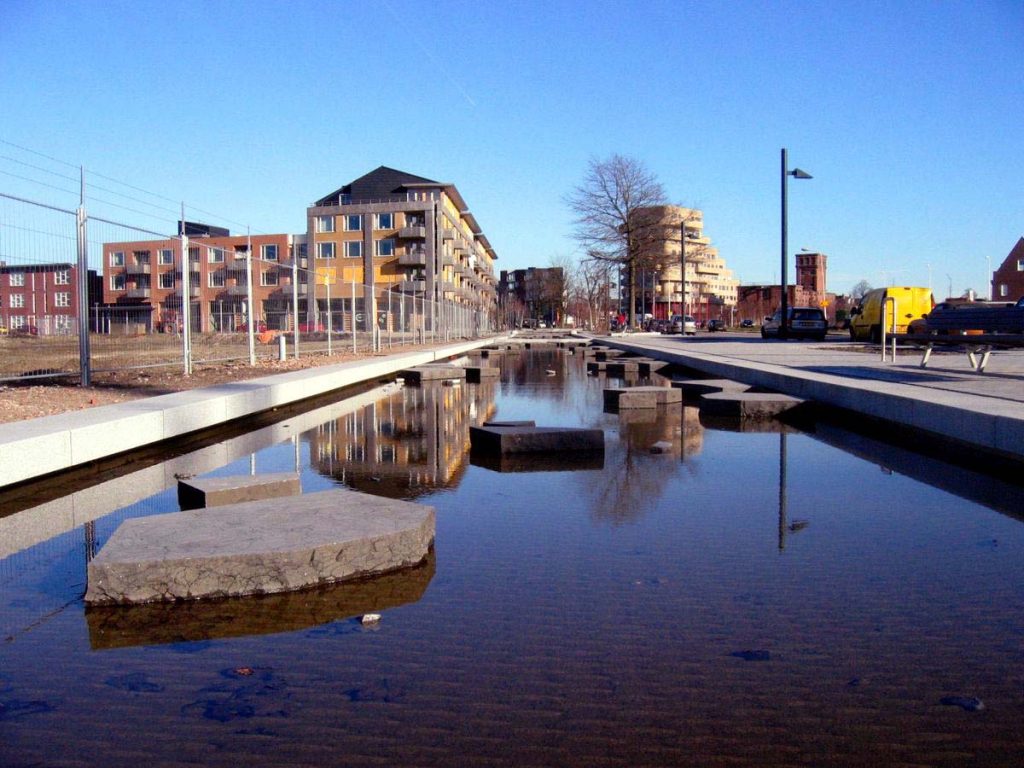
Gabriel Arbonès, PhD student at the Polytechnic University of Madrid (UPM) and researcher at CEIGRAM and at the Botín Foundation’s Water Observatory, is focused on the study of agricultural sustainability in Spain, especially with regard to water use.
From 25 June to 21 July, Arbonès will stay at the University of Twente in Enschede (The Netherlands). The University of Twente has a long tradition of calculating the Water Footprint, a concept created by the internationally renowned Professor Hoekstra. During this period, he will collaborate with researcher Oleksandr Mialyk and Professor Markus Berger from the Department of Water Engineering and Management to apply the AquaCrop model (developed by FAO) to the calculation of the Water Footprint in Spain. Mialyk has applied this model on a global scale in the following articles:
Mialyk, O., Schyns, J. F., Booij, M. J., & Hogeboom, R. J. (2022). Historical simulation of maize water footprints with a new global gridded crop ACEA model. Hydrology and Earth System Sciences, 26(4), 923-940. https://doi.org/10.5194/hess-26-923-2022
Mialyk, O., Schyns, J. F., Booij, M. J., Su, H., Hogeboom, R. J., & Berger, M. (2024). Water footprints and crop water use of 175 individual crops for 1990-2019 simulated with a global crop model. Scientific Data, 11(1), 206. https://doi.org/10.1038/s41597-024-03051-3
The assessment of the water footprint of the Spanish agricultural sector, using the AquaCrop model, is of crucial importance due to the persistent droughts faced by the country and the challenges related to water use in the national agricultural sector. The AquaCrop model allows the simulation of crop yield response according to climate, soil and irrigation management, which is very important in areas where water is a limiting factor in production. This research will provide a detailed understanding of water use in Spain at the provincial level for the most important crops. The knowledge derived from this international collaboration will facilitate the analysis of water consumption in the context of irrigation modernisation. In addition, strategies will be developed to improve the water sustainability of the Spanish agricultural sector.
The results of this collaboration will allow Gabriel a more comprehensive analysis of the sustainability of agriculture in Spain in terms of water use, according to crop type and management system, which will complete its assessment of the modernisation of irrigation in Spain over the last two decades.


